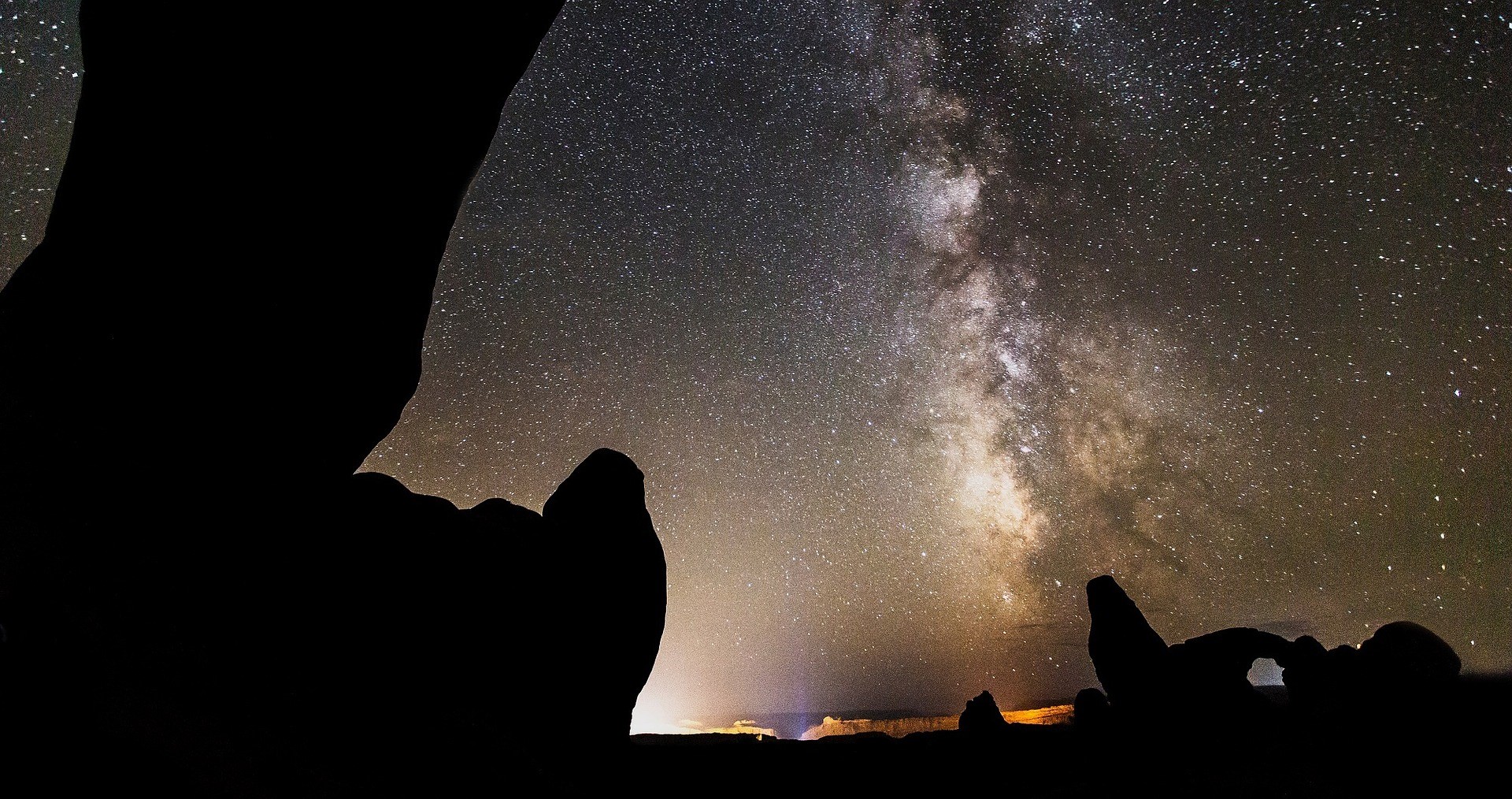There is so much to know about Astronomy!
It wasn’t that long ago that nearly every human on earth would have understood the following basic astronomical facts: the sun’s changing azimuth and elevation through the year; not only the moon’s phases, but when it would rise and set through its 29-day cycle; spotting the five visible planets and noting when they are in retrograde motion; knowing all the circumpolar constellations; identifying scores of stars, and dozens of asterisms and constellations; and much more.
 Do you know those things? Probably not. Don’t feel bad; join the billions around the world! Basic, simple astronomy is lost. Why? I’m sure we can come up with many reasons, but I would put artificial light at the top of the list. Edison and his light bulb transformed our evenings, and before long our whole lives. Astronomy became the casualty of the modern world. Astronomically speaking, mankind is in the dark ages.
Do you know those things? Probably not. Don’t feel bad; join the billions around the world! Basic, simple astronomy is lost. Why? I’m sure we can come up with many reasons, but I would put artificial light at the top of the list. Edison and his light bulb transformed our evenings, and before long our whole lives. Astronomy became the casualty of the modern world. Astronomically speaking, mankind is in the dark ages.
But wait, not so fast! Astronomy may not be so lost after all; modern technology to the rescue! With a simple, free app, you can hold your phone up to the sky and learn what stars, constellations, asterisms, and planets are in your field of view. Or, better yet, you can buy and download a stargazing program. In just a few months you can teach yourself all the basics of astronomy. And thus the villain becomes the hero.
Astronomy and it’s study can be addicting!
I like using the stargazing program to advance through the hours or days. I’ll watch a constellation or asterism move through the sky by simply clicking the forward button. Ditto for the moon. Although it appears to be moving east to west each evening, it’s actually orbiting the earth west to east.
Oh, happy day! The oldest science is right there at our fingertips. But don’t limit the experience to your computer or cell phone. After the sun goes down, go outside and try finding what was on your app or computer program. It is a fun, rewarding, free family activity. On any given evening, learn just one or two stars, or asterisms, or planets. Over time you can be as knowledgeable as the ancients!
Lt. Col. Gene Doremus grew up on a dairy farm in upstate New York in a very large family: eight brothers and six sisters. After nine enlisted years in the Air Force, he became an officer and served twenty-two more years, retiring as a Lieutenant Colonel. Most of his career was in munitions or aircraft maintenance where he proudly served on the deployed headquarters staff during Desert Shield/Desert Storm. His claim to fame came immediately after 9/11 when he led the U.S. Central Command’s Joint Munitions Office for Operation Enduring Freedom. Retiring in 2005, he taught JROTC for six years.





